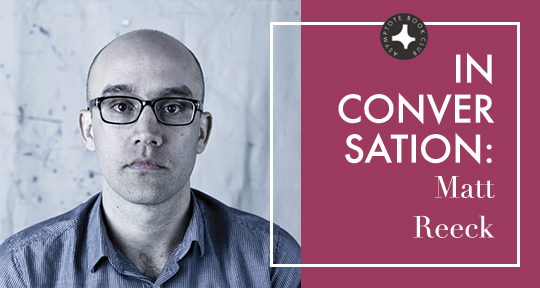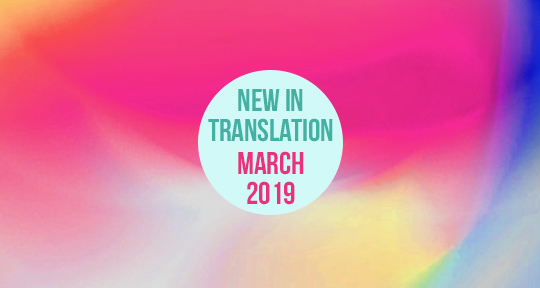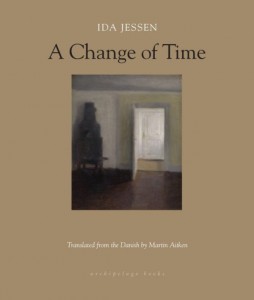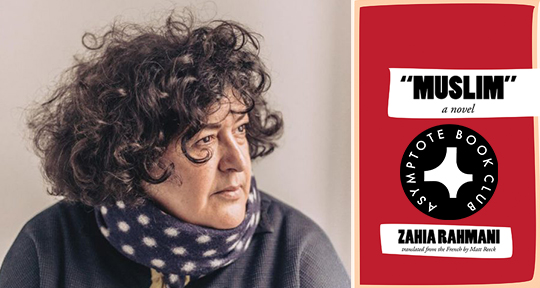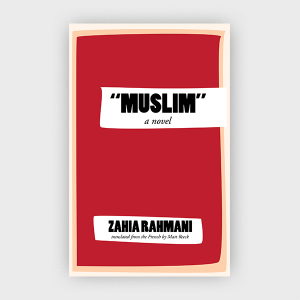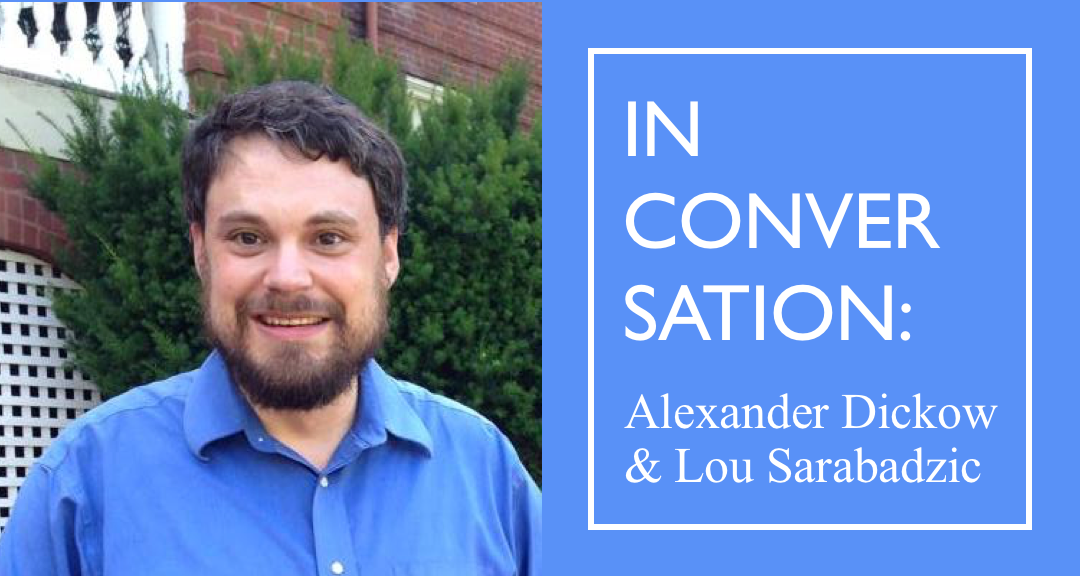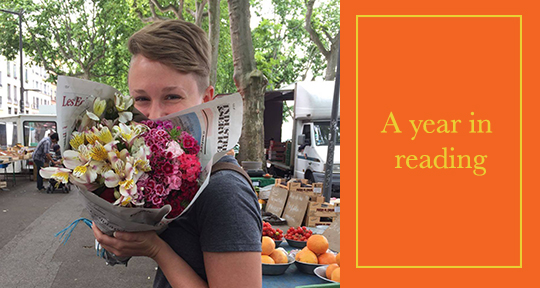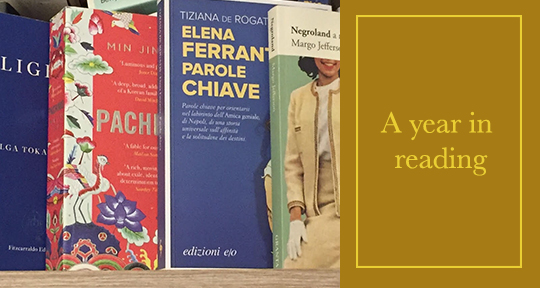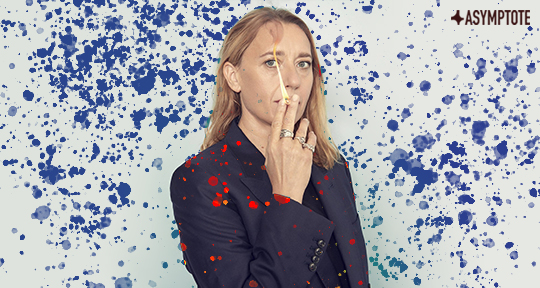If you have yet to read our spectacular Spring 2019 issue, what are you waiting for? Maybe for our Section Editors to give you their favourites so you can get off of the right foot—well, we’ve delivered. From the poetry by the hand of acclaimed fiction writers, to century-traversing tales, to contemporary criticism on the role of the translator, here are the highlights, straight from those who have devoted themselves to perfecting this issue.
From Lee Yew Leong, Fiction and Poetry Section Editor:
This issue’s fiction lineup is bookended by two Argentine authors (born in 1956) who grapple with Jewish identity in their work. With The Planets shortlisted for the Best Translated Book Award in 2013, Sergio Chejfec is much better known to Anglophone readers, but Daniel Guebel is not exactly an unknown entity—recently the publisher Beatriz Viterbo released an anthology of essays contributed by such writers as César Aira celebrating Guebel’s work. Via “Jewish Son,” Jessica Sequeira’s perfectly pitched translation, English readers are introduced to bits of a weltanschauung that include pilpul (aka spicy thought, a method of interpreting the Talmud), tango singers, readings of Kafka and The Aeneid, all taking place in the last act of a father-son relationship. Yet, it is also very emotional—despite, or perhaps all the more so because of, the philosophical exposition. As with the best fictions, Guebel gestures toward a gestalt beyond the text. I can’t wait for more of this heavyweight to appear in English.
In the poetry section, which I also assembled, two highlights (also bookending the section) are Raymond Queneau, co-founder of the now-international formalist Oulipo movement, and Georgi Gospodinov, acclaimed for The Physics of Sorrow, showing that they have as much talent as poets as they do as fiction writers. An especially exciting discovery is Gertrud Kolmar, nom de plume of Gertrud Käthe Chodziesner, advocated by cousin Walter Benjamin, but only now celebrated as one of the great forgotten poets. Characterized by mystery, the taut but dreamlike poems channeled with elan by Anna Henke and Julia Gutterman are fueled by an “ache unnamed”; “a glimmer burning out its flame.”



